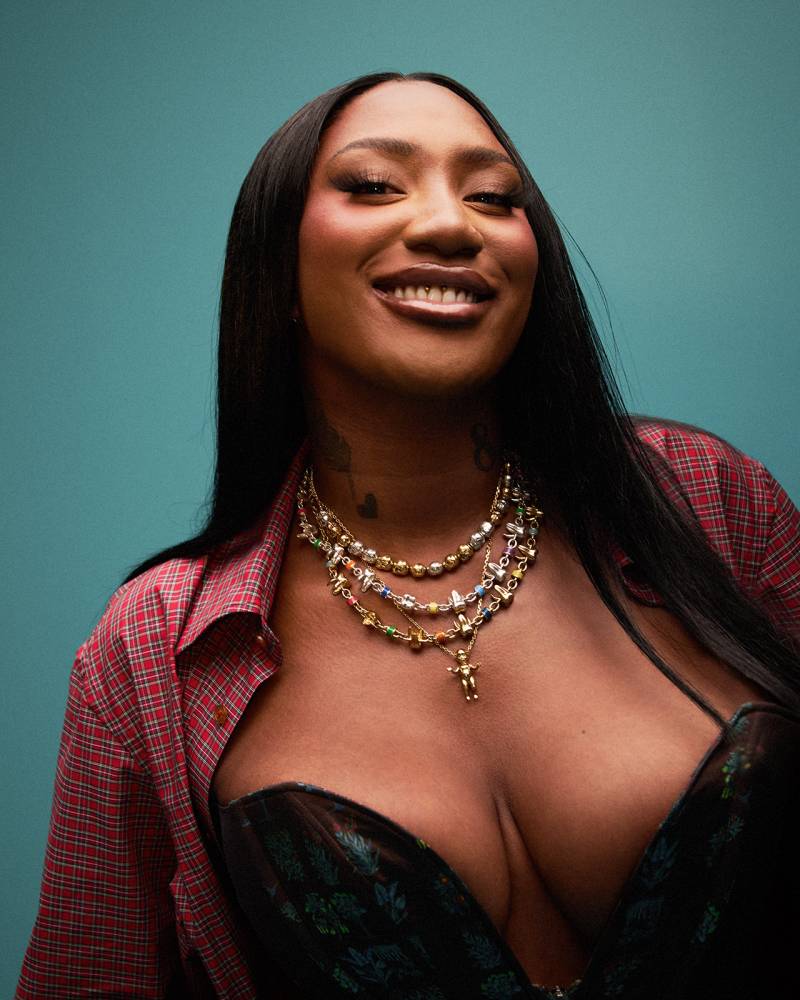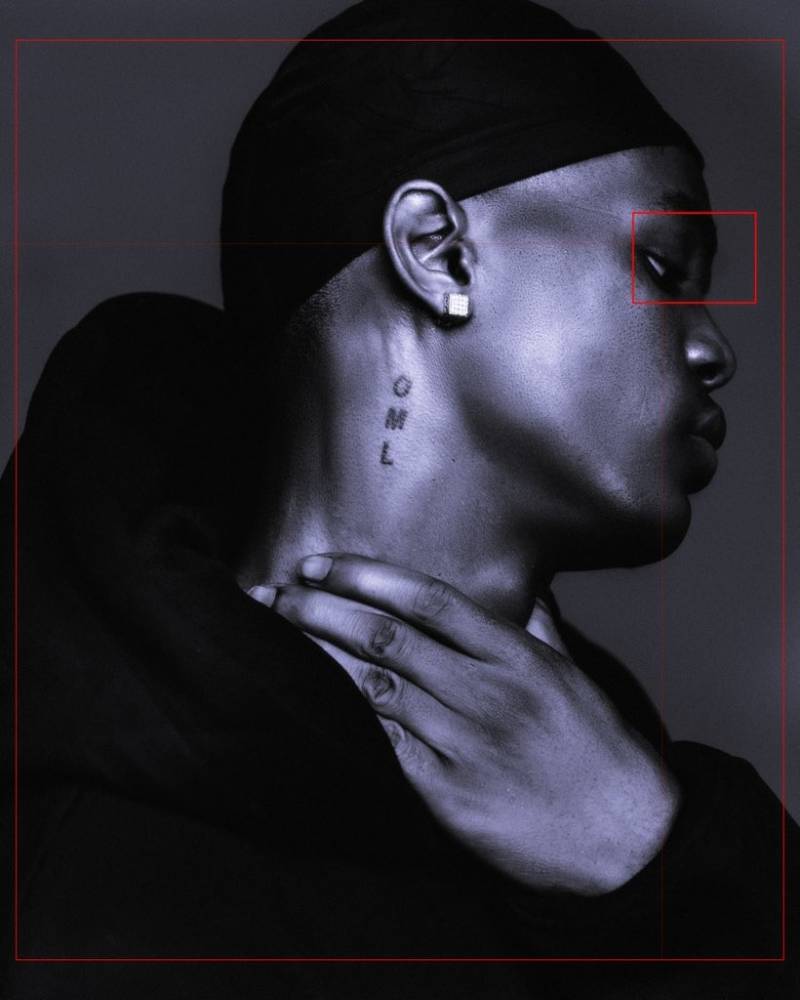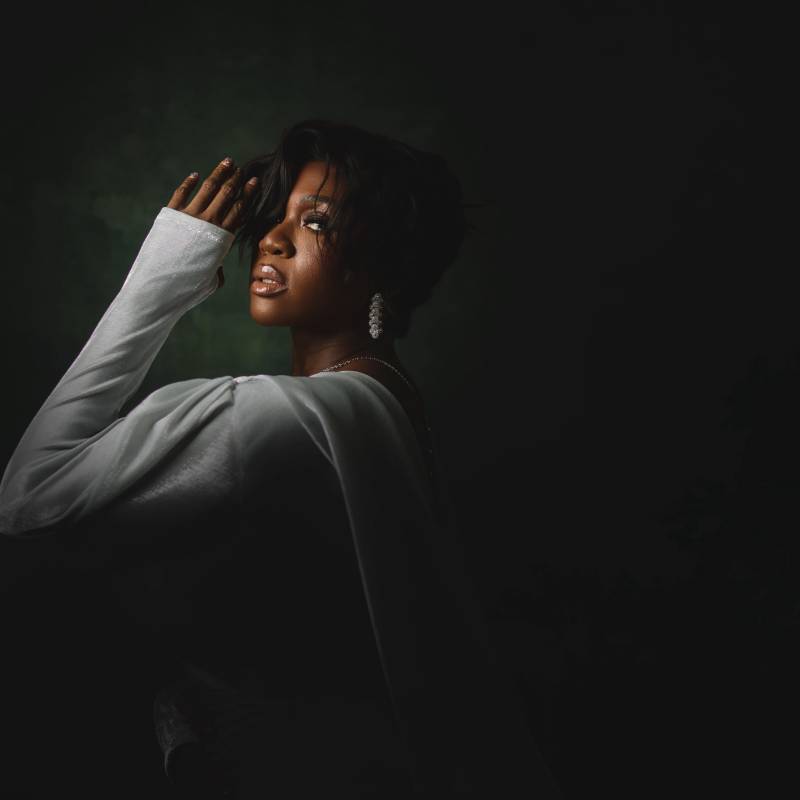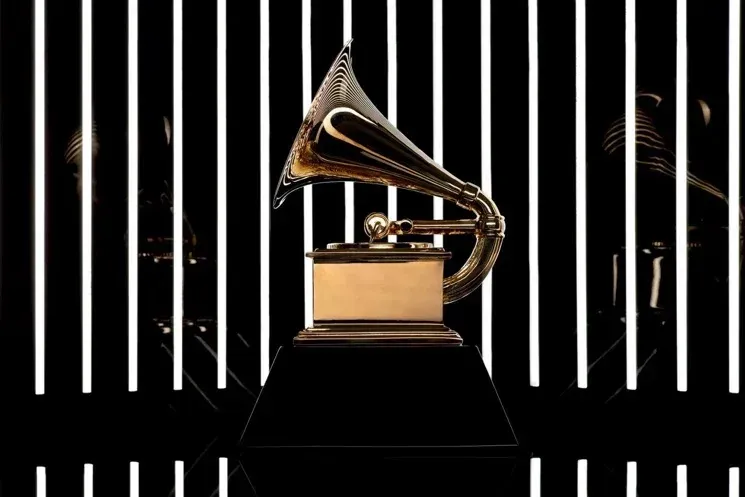She walks into the café and heads turn — not because she’s a celebrity, not because anyone in the room truly knows her — but because, somehow, they do. They’ve seen her outfit on their feed this morning, heard her voice in a trending reel, and maybe even reshared her thoughts on mental health or beauty standards last week. She’s an influencer — at least that’s the word we’ve all agreed on. But who is an influencer? And what exactly do they influence?
In the latest episode of Rants, Bants & Confessions, the crew cuts through the gloss and filters to ask the question that many dodge: what separates an influencer from someone just chasing clout? It’s a valid query in a time where the line between genuine impact and viral noise has become more blurred than ever. An influencer today isn't just a digital billboard. They are storytellers, community builders, marketers, therapists, entertainers, and sometimes even activists. But they are also projections — mirrors of our desires, insecurities, and curiosities. The power they wield doesn’t just lie in their follower count or engagement metrics; it lies in how deeply they can shape perceptions, habits, and conversations.

Related article - Uphorial Podcast

Take, for example, someone like Jackie Aina. What began as makeup tutorials became a platform for conversations around inclusivity in the beauty industry. She didn’t just swatch lipsticks — she swayed brands to broaden shade ranges and forced diversity into boardrooms. That is influence. Not just reach, but shift. Not just popularity, but power used with purpose. Contrast that with the growing tribe of “influencers” whose main currency is chaos. The ones who bait reactions with outrageous takes, stage private dramas for public content, and build empires on algorithms rather than authenticity. Their influence exists, no doubt, but it’s thin, quick-burning, and often damaging to both audience and self. The Rants, Bants & Confessions team doesn’t shy away from this tension. They call it what it is: clout-chasing dressed in #sponsored content.
But it would be lazy to paint all influencers with the same brush. Because at its core, influence is human. It’s not new — just newly digitized. From griots and oracles to talk show hosts and street poets, every generation has had figures who shaped thought and moved culture. The internet just gave these figures a global megaphone and removed the traditional gatekeepers. So, who is an influencer? Maybe it’s the TikTok dancer who gets millions to smile during dark times. Maybe it’s the food creator who encourages thousands to try a plant-based meal. Maybe it’s the podcaster who helps young people navigate trauma through honesty. Influence, real influence, is messy. It’s emotional. It demands vulnerability, not just virality. But influence also comes with responsibility — a word not often discussed enough in influencer culture. When your words can launch trends, break self-esteem, or even sway elections, what you say and how you say it matter. You don’t need a blue checkmark to wield that power. You just need people to listen.
That’s why influence isn’t just a title — it’s a relationship. Built over time. Nurtured with trust. It’s not about selling products but selling perspective. The real ones know this. They aren’t just posting content; they’re curating impact. And maybe that’s where the heart of this conversation lies. The question isn’t “who is an influencer?” It’s “who are we allowing to influence us — and why?” Because in the end, the most powerful influencers might not be the loudest or the most followed. They’re the ones who leave us different than they found us. And sometimes, that’s the quietest voice in the room.



